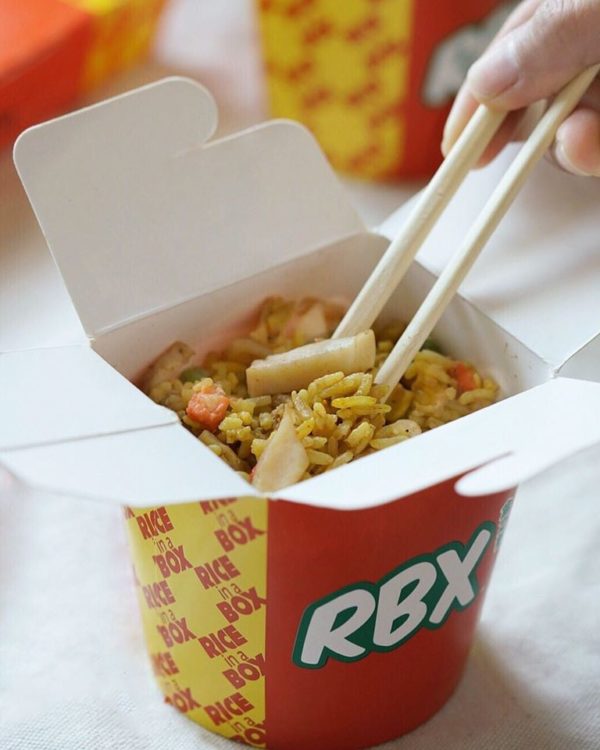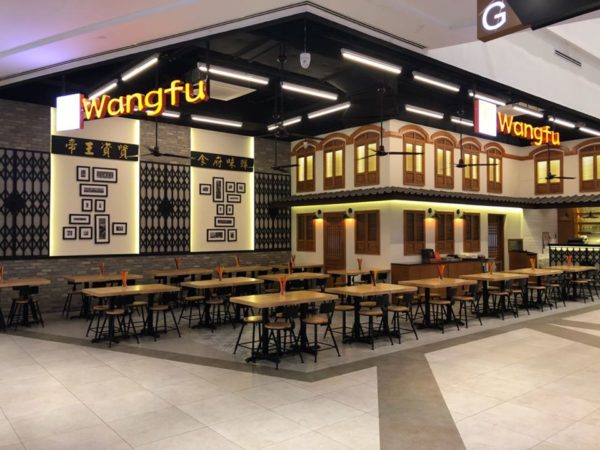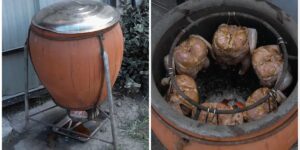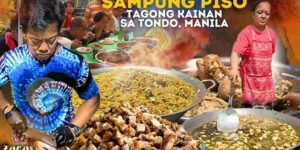Twenty years ago, businessman and TV and film director Lester Pimentel Ong established the Binondo Food Group after he lost his job after the Asian Financial Crisis. There are 20 restaurants and 200 food stores under this company which include Rice in a Box, Luna J, Kyu Kyu Ramen, and the franchise of Wangfu Chinese Café from Singapore.
But just like any other business in the Philippines, the Binondo Food Group also felt the impact of the coronavirus pandemic. The lockdown resulted in the closure of his restaurants and stores, with about a million-peso worth of stocked goods in their inventory.
Ong said that aside from the fact that there’s no income coming in, they had a big problem with inventories since theirs’ are perishable. He added that once it expires, the company would lose millions.

Image: Facebook/Binondo Food Group
A campaign for the frontliners
In order to get their goods moving, they created a donation campaign for the frontliners. They sold the food below cost to the donors and gave them to frontliners. Through this initiative, Lester was able to retain all his employees, save their goods from expiring, and provide a means for the public to help the frontliners.
A call for volunteers
He was also able to retain his more than a thousand employees.

Image: Facebook/Binondo Food Group
Ong shared that they asked for volunteers from the workforce. A lot of them answered the call though some of them had to walk long distances or rode bicycles to keep some of their stores running. After some time, he asked his fleet of truck drivers to transport employees.
Ideas which are out of the box
To encourage more orders, the company’s marketing team converted their existing social media account into an order-taking platform while the research and development team created a ramen kit for Kyu Kyu Ramen which they made available for takeout.
- Due to Unfair Practices, SEC Bars Lending Firm’s Operation - December 30, 2020
- Motorists Can Use Partially Open Skyway 3, Free for a Month - December 28, 2020
- Monthly Contributions to the SSS’s Mandatory Provident Fund Starts in January 2021 - December 26, 2020





